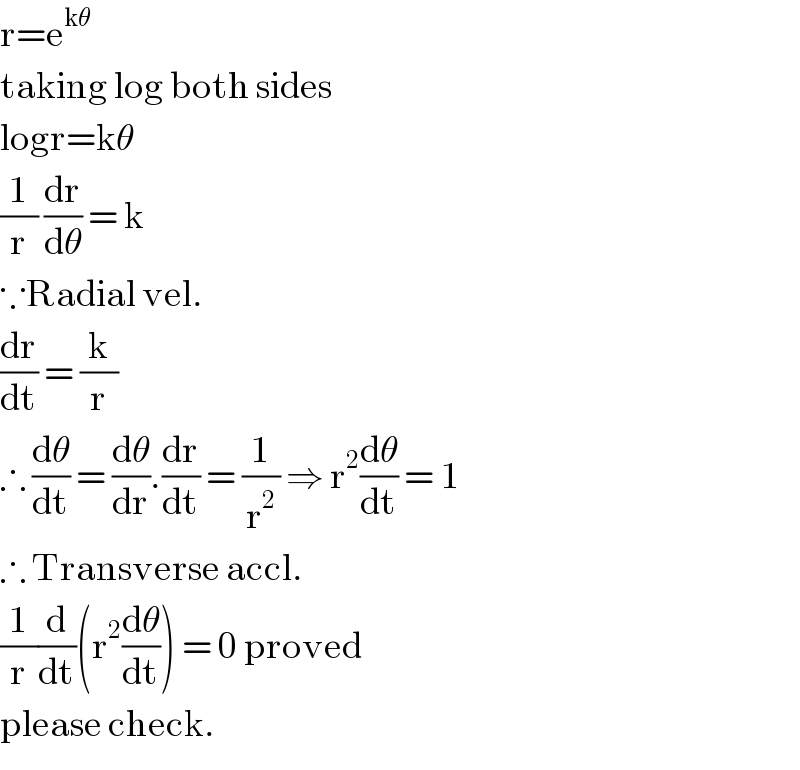
Question and Answers Forum
Question Number 63298 by Rio Michael last updated on 02/Jul/19

Commented by Prithwish sen last updated on 02/Jul/19

Commented by Rio Michael last updated on 02/Jul/19

| ||
Question and Answers Forum | ||
Question Number 63298 by Rio Michael last updated on 02/Jul/19 | ||
 | ||
Commented by Prithwish sen last updated on 02/Jul/19 | ||
 | ||
Commented by Rio Michael last updated on 02/Jul/19 | ||
 | ||